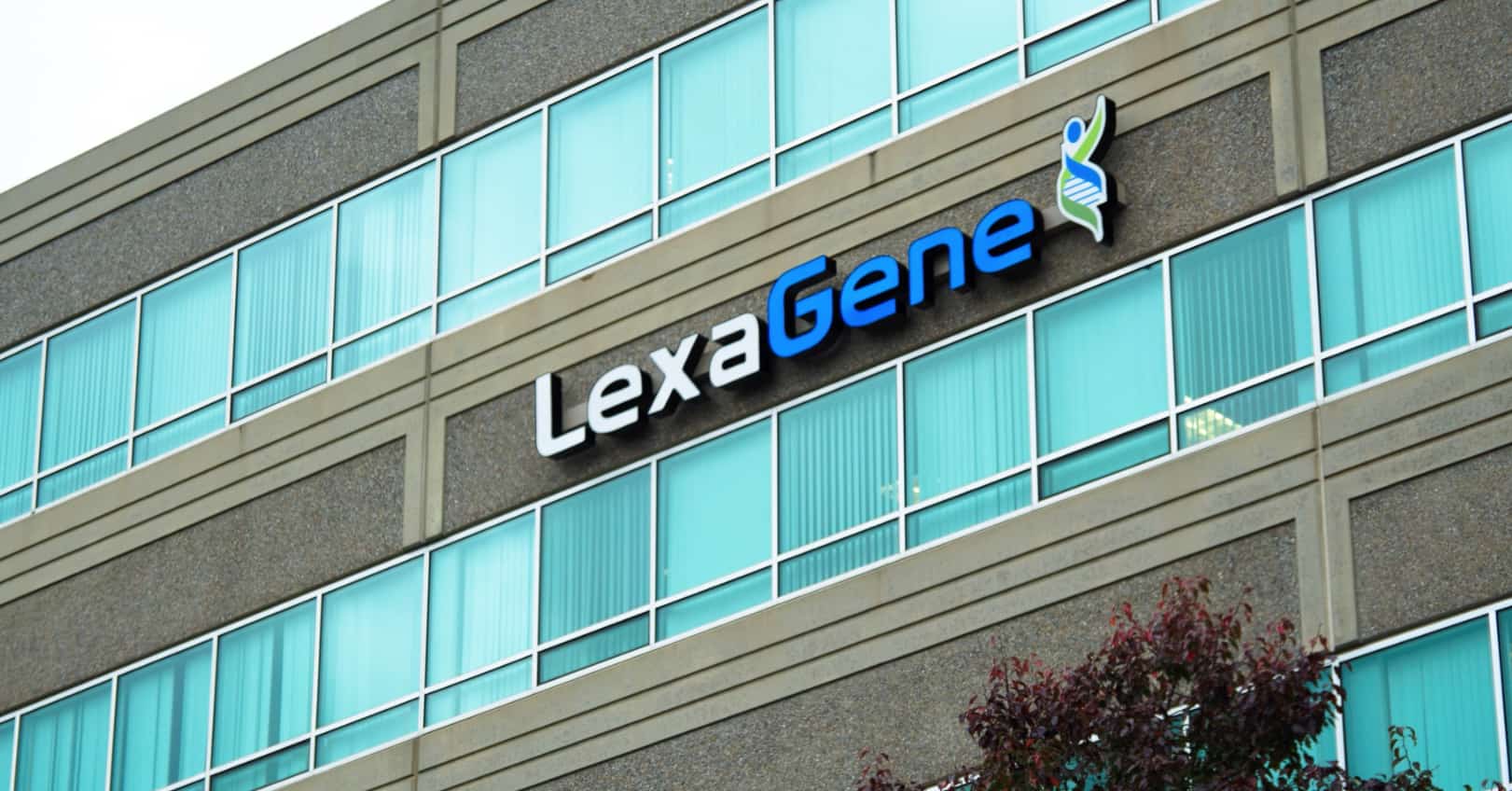LexaGene has a huge upside, says iA Capital

Look for molecular diagnostics company LexaGene (LexaGene Stock Quote, Charts, News, Analysts, Financials TSXV:LXG) to take some big strides in the veterinary market. That’s the news from iA Capital Markets analyst Chelsea Stellick who updated clients on the company in a Tuesday report. Stellick maintained her “Buy” rating and C$0.75 target price, which at the time of publication represented a projected one-year return of 248.8 per cent.
Based in Beverly, Mass, LexaGene is in the med-tech device space and is developing a fully automated pathogen detection instrument to prevent and diagnose disease in food safety, veterinary and human diagnostics as well as water quality monitoring and aquaculture pathogen surveillance. The company announced on Monday the sale of three of its MiQLab systems, a customizable, automated pathogen and genetic testing platform, to a corporate veterinary reference lab.
LexaGene CEO and founder Dr. Jack Regan said the purchase could be the start of a “wave of adoption” of MiQLab.
“Testing in the veterinary industry is dominated by three corporate companies that have testing locations across the United States. These multi-billion dollar corporations compete against each other for business from veterinary hospitals and clinics that want faster results than the typical three to five-day wait for culturing bacteria. In contrast to culture, we are happy to provide the MiQLab System as a rapid two-hour solution for determining whether pathogens are present in a sample and if they harbour drug resistance genes,” Regan said in a press release.
In the same announcement, LexaGene said it sold a MiQLab System to a university vet school in Florida to be used in their health lab.
LexaGene’s share price popped on Monday on the announcement of the sales but the stock is still way down over the past year, with a negative return of about 82 per cent since last February.
Stellick sees upside ahead, though, and along with the recent MiQLab sales she pointed to a few more reasons investors should be excited about the stock and company. In particular, Stellick noted that LexaGene is now a member of the American Animal Hospital Association, the only accreditation organization for veterinary hospitals, which will provide networking opportunities for the company, the announcement last month of a new sample preparation cartridge which is essentially an upgrade to the MiQLab consumable sample preparation cartridge and one which will broaden the scope of applicability for the MiQLab, and also LexaGene’s taking on of a new strategic investor: the company closed in February on the second of two tranches of a private placement to Meridian LGH Holdings, issuing 18.5 million warrants at an exercise price of $0.45 per share. Stellick said Meridian has experience investing in the veterinary subsector and is a LexaGene customer, while now owning 13.4 per cent of LXG shares.
On the recent sales, Stellick commented that the three major US veterinary diagnostic testing reference labs, one of which is the aforementioned MiQLab buyer, are controlled by Antech Diagnostics, Idexx Laboratories and Zoetis. Stellick said success with the customer in question could result in large-scale purchases from that customer as well as from its competitors over time.
“As we continue to highlight sales as the most important variable for LexaGene’s short- and long-term success, yesterday’s announcement of four new sales (bringing the total to 15 MiQLabs sold) is unequivocally good news that moved the stock up 16 per cent yesterday,” Stellick wrote.
“Three sales to a large corporate customer with significant purchasing and throughput capabilities set a new tone for LXG’s veterinary market penetration ability. As product development advancements continue to improve the platform in the background, we see the announced sales as preliminary evidence that F2022 may be a turning point as LXG emerges into a sales-oriented organization,” she said.
By the numbers, Stellick sees LexaGene MiQLab revenues in 2022, 2023 and 2024 of $2.9 million, $8.1 million and $15.8 million, respectively, and net income losses in 2022, 2023 and 2024 of $10.8 million, $6.9 million and $3.6 million, respectively. By 2030, Stellick sees MiQLab revenue hitting $173.0 million and net income at $62.5 million. (All figures in US dollars except where noted otherwise.)
“We maintain our Buy recommendation, noting that our target does not include any revenue from human diagnostics, food safety or open access beyond bioreactors and therefore provides the possibility of considerable upside if LXG successfully enters those additional verticals. Moreover, all revenue and income after F2030 are upside to our target,” she said.



